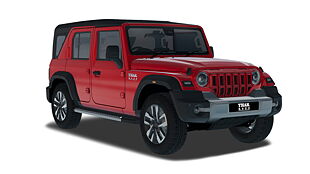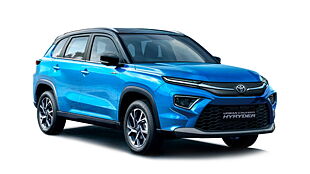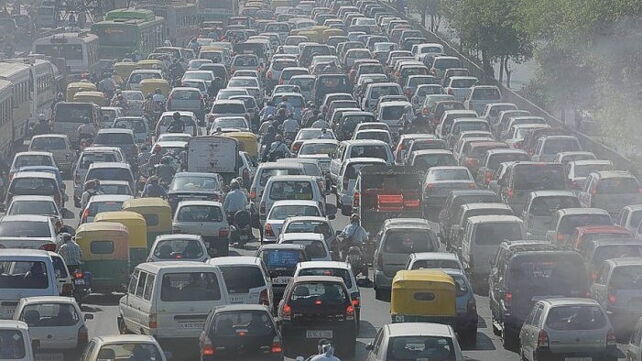
The Supreme Court has banned the sale of diesel luxury cars and SUVs having an engine capacity of 2-litres or more in the National Capital Region for three months starting January 1 - March 31, 2016. However, small diesel cars have been exempted from this rule.
The court will also ban the entry of trucks into Delhi which use the capital as a transit route before moving to other states. Vehicles that carry goods and headed for Delhi will now have to spend extra for the Environment Compensation Charge (ECC) which amounts to Rs 2600 for big trucks and Rs 1400 for light commercial vehicles. However, all trucks and LCVs coming to Delhi must have been bought and registered after 2006 (has to be less than 10 years old). All city cabs, including Uber and Ola, will now have to convert to CNG, the court added.
Automobile dealers have been battling with sales and stock clearance after the National Green Tribunal (NGT) order banned the registration of diesel cars as part of a measure to clean up the poor air quality in the capital. Auto dealers have pleaded that they require some time to clear their available stock, else this rapid order would bring them financial havoc.

Appearing for automobile manufacturers, senior advocate Dushyant Dave said, "No city in the world has banned it. Even Beijing, which has implemented the odd-even car use formula, has not banned sale of diesel cars. It will have a cascading effect. Millions of dollars of investments have been made for manufacturing diesel cars. Thousands of workers have been engaged in these plants." To which Chief Justice T S Thakur and Justices A. K. Sikri and R. Banumathi said, "Let us stop it for three months. The worst polluted city in the world should take drastic measures." However, they later said, "Let us have accurate and authentic figures about pollution caused by diesel cars."
Dushyant Dave added that a ban on sale of LCVs would also impact the economy as they are involved in the transportation of goods and passengers too. After this, the Chief Justice of the SC declared the current ban in place for three months.
![Ashok Leyland Stile [2013-2015] Image Ashok Leyland Stile [2013-2015] Image](https://imgd.aeplcdn.com/272x153/cw/cars/ashok/stile.jpg?q=80)






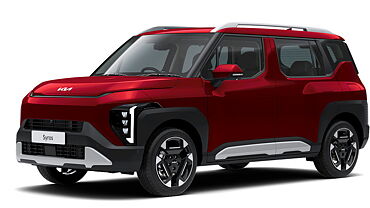
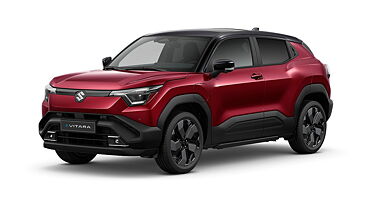

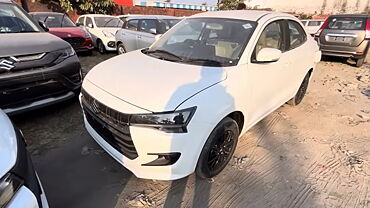





![Ashok Leyland Stile [2013-2015] Right Front Three Quarter Ashok Leyland Stile [2013-2015] Right Front Three Quarter](https://imgd.aeplcdn.com/199x112/ec/93/FB/11340/img/m/Ashok-Leyland-Stile-Right-Front-Three-Quarter-50877_ol.jpg?v=201711021421&q=80)
![Ashok Leyland Stile [2013-2015] Right Front Three Quarter Ashok Leyland Stile [2013-2015] Right Front Three Quarter](https://imgd.aeplcdn.com/199x112/ec/93/FB/11340/img/l/Ashok-Leyland-Stile-Right-Front-Three-Quater-21519.jpg?v=201711021421&q=80)
![Ashok Leyland Stile [2013-2015] Rear View Ashok Leyland Stile [2013-2015] Rear View](https://imgd.aeplcdn.com/199x112/ec/93/FB/11340/img/orig/Ashok-Leyland-Stile-Rear-view-20646.jpg?v=201711021421&q=80)
![Ashok Leyland Stile [2013-2015] Dashboard Ashok Leyland Stile [2013-2015] Dashboard](https://imgd.aeplcdn.com/199x112/ec/93/FB/11340/img/l/Ashok-Leyland-Stile-Dashboard-Storage-21534.jpg?v=201711021421&q=80)
![Ashok Leyland Stile [2013-2015] Dashboard Ashok Leyland Stile [2013-2015] Dashboard](https://imgd.aeplcdn.com/468x263/ec/93/FB/11340/img/l/Ashok-Leyland-Stile-Dashboard-21535.jpg?v=201711021421&q=80)





